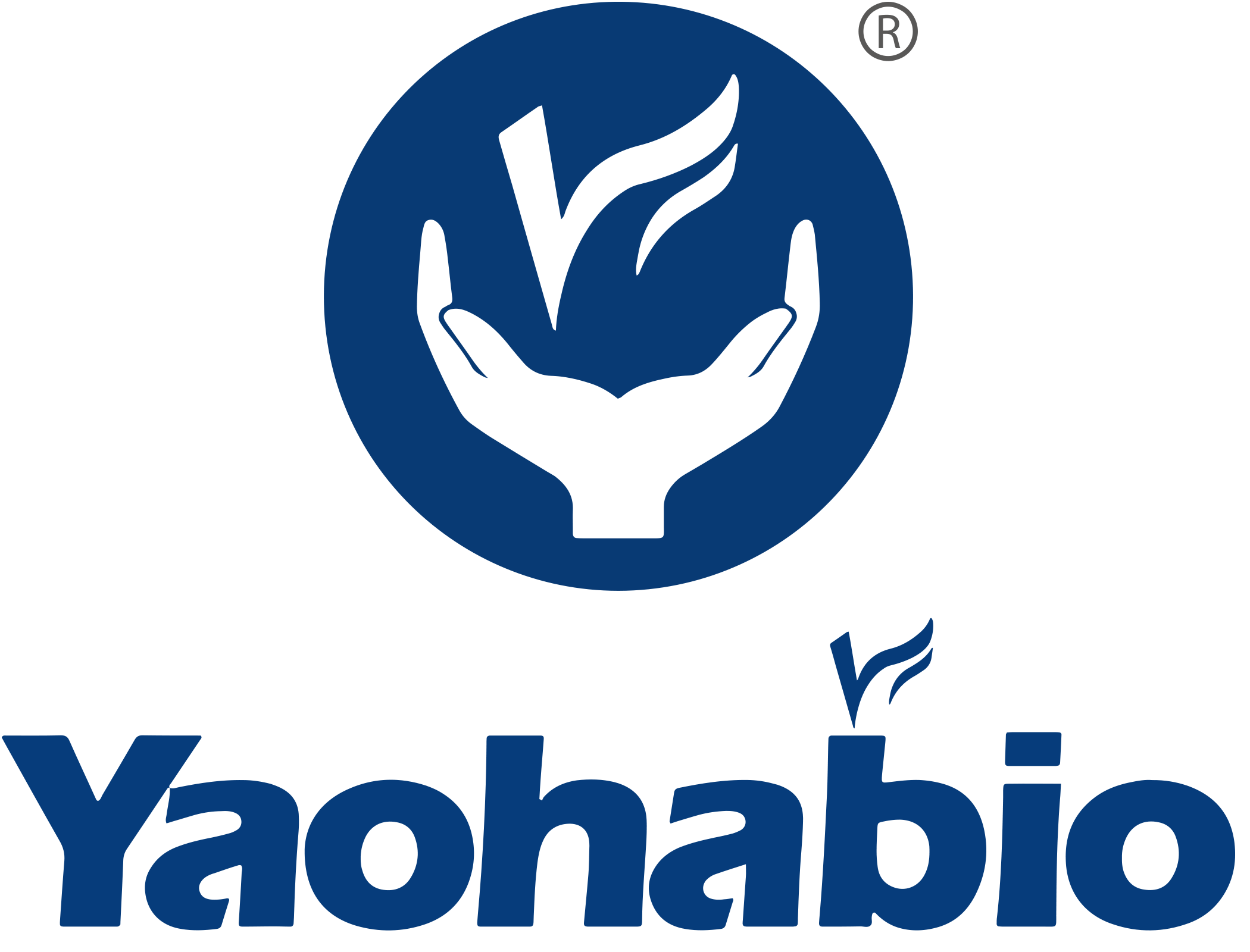Overview of Meningococcal B (MenB)
Neisseria meningitidis, commonly known as the meningococcus, is a type of Gram-negative bacterium that can cause meningitis and other forms of meningococcal disease such as meningococcemia, a severe blood infection.
The meningococcus is divided into 13 subtypes based on the antigenic structure of their polysaccharide capsule. Out of these subtypes, six (A, B, C, W135, X, and Y) are responsible for most cases of the disease globally. In the United States, meningococcal serogroup B is the major cause of both disease and fatalities. While effective polysaccharide vaccines have been developed for types A, C, W-135, and Y, the capsular polysaccharide on serogroup B is too similar to human neural adhesion molecules to be a viable target. Therefore, the development of meningococcal B (MenB) vaccines primarily relies on recombinant antigens or purified outer membrane vesicles (OMV).
Meningococcal B (MenB) Vaccines
During the 1980s, Cuba developed VA-MENGOC-BC, a vaccine for meningitis B. This vaccine was created using artificially produced outer membrane vesicles (OMV) of the Meningococcal B.
Trumenba is a vaccine created by Pfizer to protect against Meningococcal B. It contains two recombinant surface antigens from N. meningitidis serogroup B, which are produced individually in Escherichia coli. These two proteins are variants of lipidated factor H binding protein (fHbp) and belong to subfamily A and subfamily B (A05 and B01 respectively).
BEXSERO is a vaccine developed by GSK that consists of three recombinant antigens and purified outer membrane vesicles (OMV) derived from Neisseria meningitidis. The vaccine contains three recombinant proteins individually produced in E. coli: Neisserial adhesin A (NadA), Neisserial Heparin Binding Antigen (NHBA), and factor H binding protein (fHbp). The NadA component is a fragment of the full-length protein derived from N. meningitidis strain 2996 (peptide 8 variant 2/3). The NHBA component is a recombinant fusion protein comprised of NHBA (peptide 2) and accessory protein 953 derived from N. meningitidis strains NZ98/254 and 2996, respectively. The fHbp component is a recombinant fusion protein comprised of fHbp (variant 1.1) and the accessory protein 936 derived from N. meningitidis strains MC58 and 2996, respectively. The OMV antigenic component is produced by fermentation of N. meningitidis strain NZ98/254 (expressing outer membrane protein Porin A [PorA] serosubtype P1.4), which is then purified and adsorbed onto aluminum hydroxide as an adjuvant.
Yaohai Bio-Pharma Offers One-Stop CDMO Solution for Meningococcal B vaccine
Pipelines of Meningococcal B vaccine
|
Generic name
|
Brand Name/Alternative name
|
Expression System
|
Antigen
|
Manufacturer
|
Latest stage
|
|
Meningococcal group b vaccine
|
Trumenba,Rlp 2086
|
Escherichia coli (E. coli)
|
Neisseria meningitidis serogroup B
|
Pfizer
|
Approval
|
|
MenABCWY
|
PF 06886992
|
E. coli
|
Neisseria meningitidis serogroups A, B, C, W, and Y
|
Pfizer
|
Approval
|
|
GSK-3536829A
|
BEXSERO
|
E. coli
|
Neisseria meningitidis serogroup B
|
GlaxoSmithKline
|
Approval
|
|
MenABCWY
|
GSK3536819A
|
E. coli
|
Neisseria meningitidis serogroups A, B, C, W, and Y
|
GlaxoSmithKline
|
Submit for Approval
|
|
Meningococcal group b vaccine
|
Pedning update
|
E. coli
|
Neisseria meningitidis serogroup B
|
Chongqing Zhifei Biological Products
|
Phase I
|
Reference:
Cid R, Bolívar J. Platforms for Production of Protein-Based Vaccines: From Classical to Next-Generation Strategies. Biomolecules. 2021 Jul 21;11(8):1072. doi: 10.3390/biom11081072.
Mohsen MO, Bachmann MF. Virus-like particle vaccinology, from bench to bedside. Cell Mol Immunol. 2022 Sep;19(9):993-1011. doi: 10.1038/s41423-022-00897-8.

 EN
EN
 AR
AR
 HR
HR
 CS
CS
 DA
DA
 NL
NL
 FI
FI
 FR
FR
 DE
DE
 EL
EL
 IT
IT
 JA
JA
 KO
KO
 NO
NO
 PL
PL
 PT
PT
 RO
RO
 RU
RU
 ES
ES
 SV
SV
 IW
IW
 ID
ID
 LV
LV
 LT
LT
 SR
SR
 SK
SK
 SL
SL
 UK
UK
 VI
VI
 ET
ET
 HU
HU
 TH
TH
 TR
TR
 FA
FA
 AF
AF
 MS
MS
 BE
BE
 MK
MK
 UR
UR
 BN
BN

